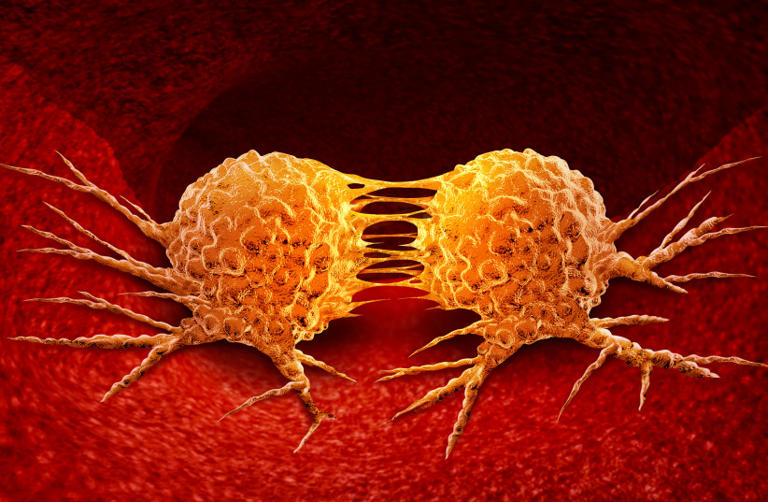
By JUDY SIEGEL-ITZKOVICH - Monday
The Jerusalem Post
© (photo credit: Wikimedia Commons)
Zinc is a trace mineral, meaning that the body only needs small amounts, and yet it is necessary for almost 300 enzymes to carry out vital chemical reactions. A major factor in the creation of DNA, growth of cells, building proteins, healing damaged tissue and supporting a healthy immune system, zinc is also important to wound healing and maintaining one’s sense of taste and smell.
The 24th most abundant element in the Earth’s crust, it is found in chicken, red meat, fortified breakfast cereals, beans, nuts, almonds, avocados, blackberries, pomegranates, raspberries, guavas, cantaloupes, apricots, peaches, kiwifruit and blueberries. The concentration of zinc in such foods depends upon its level in the soil. With a varied diet, your body usually gets enough zinc.
Including zinc in your diet every day is safe if it’s within the recommended daily allowance, which is eight or nine milligrams for women and 11 mg. for adult men. Consumption of an excess amount can cause health problems. Exceeding 40 mg. per day of elemental zinc can cause flu-like symptoms such as fever, coughing, headache and fatigue.
Besides being involved in the production of enzymes, can it fight cancer?
IMAJ, the Israel Medical Association Journal, carries a five-page analysis by Dr. Amos Gelbard of the Zefat [Safed] Academic College that shows zinc as having the potential to treat malignancies. Gelbard has written widely on a variety of medical issues, looked at many studies and updated a preliminary study of the subject that he wrote for Harefuah, the Hebrew-language journal of the association in 2017.

© Provided by The Jerusalem PostDividing cancer cell (credit: INGIMAGE)
His analysis of 40 studies around the world shows deficiency of zinc in cancer patients, who tend to have more and faster disease progression and lower rates of survival. Studies began on healthy and cancerous tissue in the lab and continued on mice and rats. Promising results were confirmed in two studies on human cancer patients.
The Indian Journal of Medical Research published a study titled “Zinc: A promising agent in dietary chemoprevention of cancer.”
A large body of evidence suggests that a significant percentage of deaths resulting from cancer could be avoided through greater attention to proper and adequate nutrition. Although many dietary compounds have been suggested to contribute in the prevention of cancer, there is strong evidence to support the fact that zinc may be of particular importance in host defense against the initiation and progression of cancer, according to the authors of this study.
“Remarkably, 10% of the US population consumes less than half the recommended dietary allowance for zinc and is at increased risk for zinc deficiency.... Dietary deficiencies in the intake of zinc can contribute to single and double-strand DNA breaks and oxidative modifications to DNA that increase risk for cancer development.”
Zinc deficiency in humans is also associated with an increased risk of esophageal squamous cell carcinoma, according to the study.
“Zinc might prevent cancer through its effect on angiogenesis and tumor progression. Zinc may also play an important role in the maintenance of DNA integrity in normal prostate epithelial cells by modulating DNA repair and damage response proteins.... In addition, findings support the role of zinc transporters as tumor suppressors in the prostate... restoration of high zinc levels in malignant cells could be efficacious in the treatment and prevention of cancer.
“Based on the accumulated data shown in this review,” concluded Gelbard, “one may conclude that zinc supplementation not only fixes the zinc deficiency found in cancer patients but also treats cancer as a whole.”
While more clinical studies are needed to prove its efficacy to oncologists, “it is therefore recommended that zinc become a part of cancer treatment protocol, sooner rather than later.”
No comments:
Post a Comment